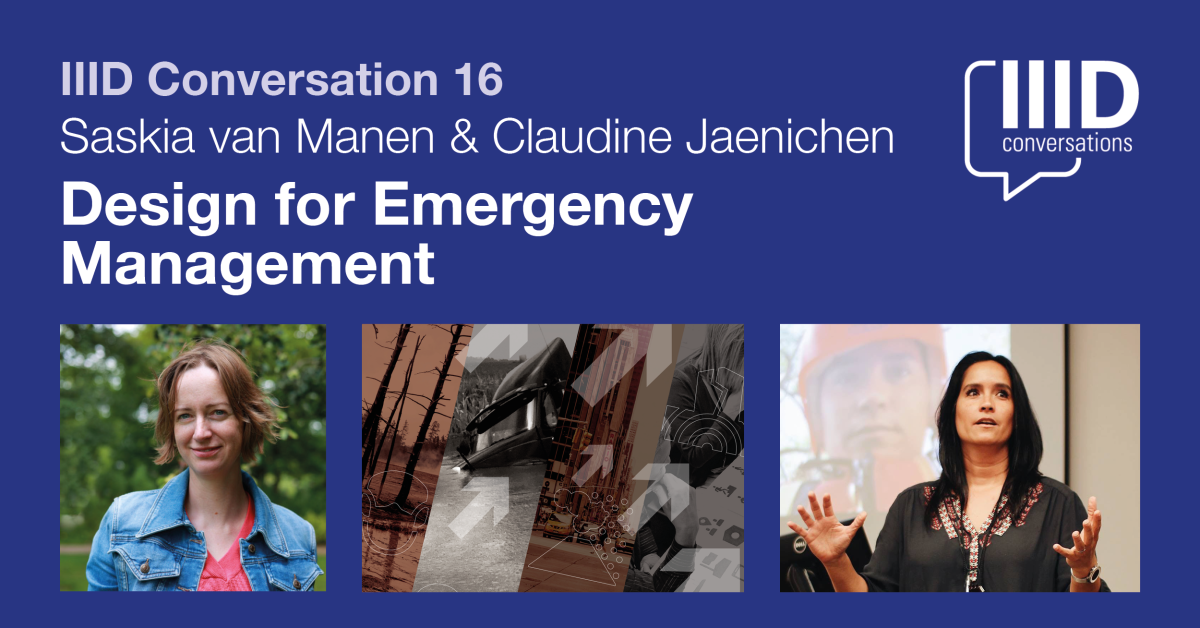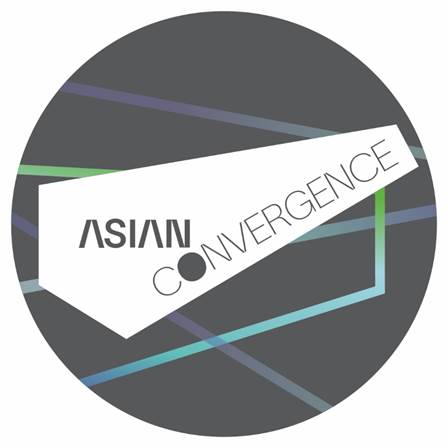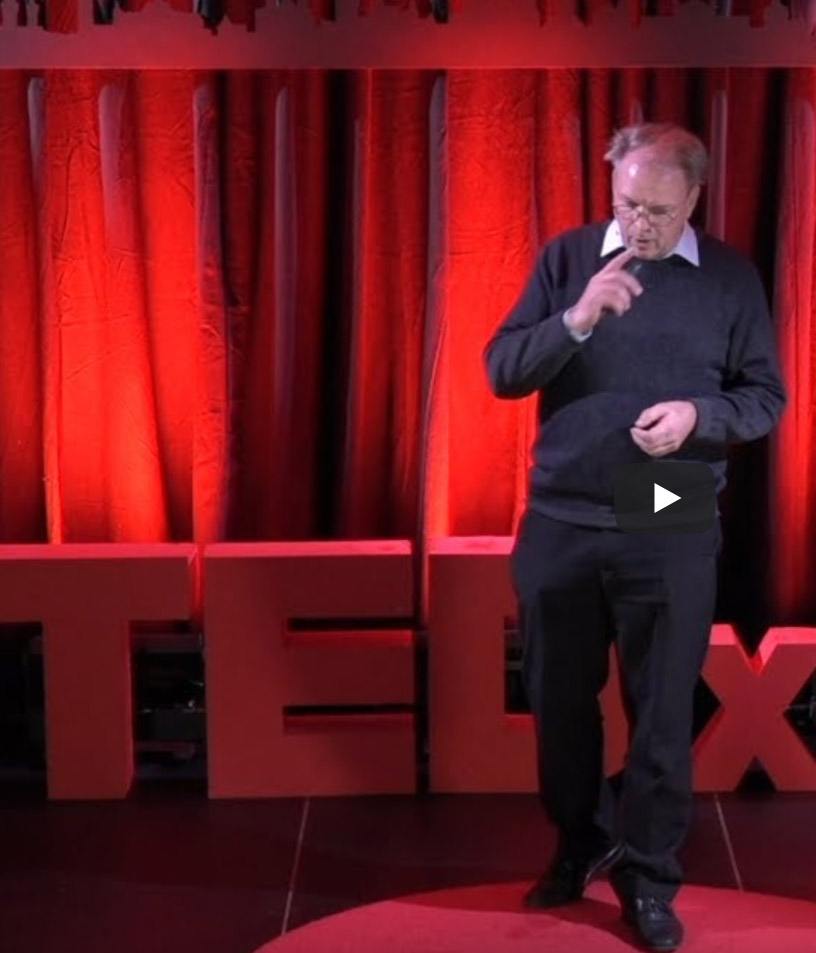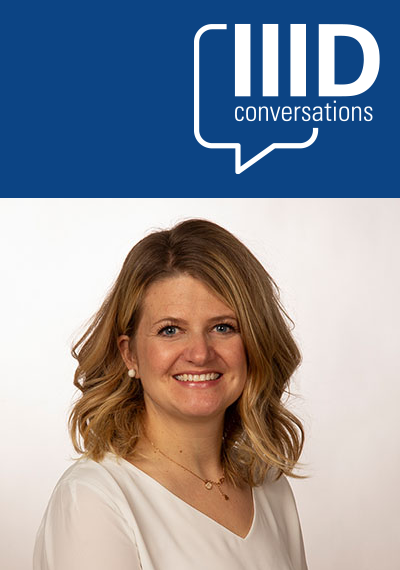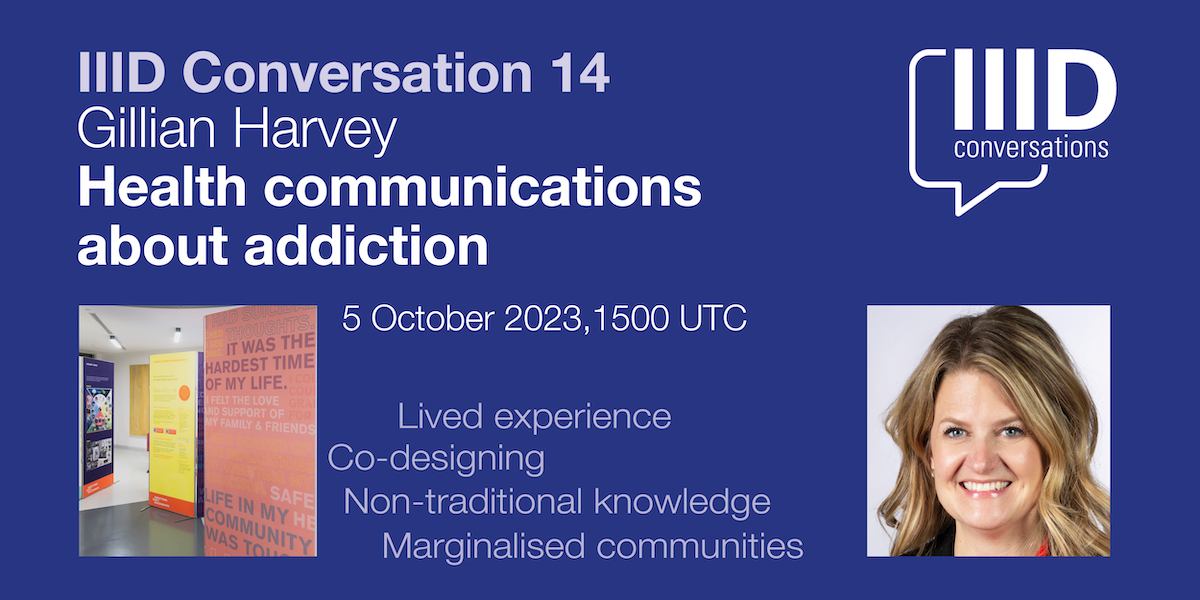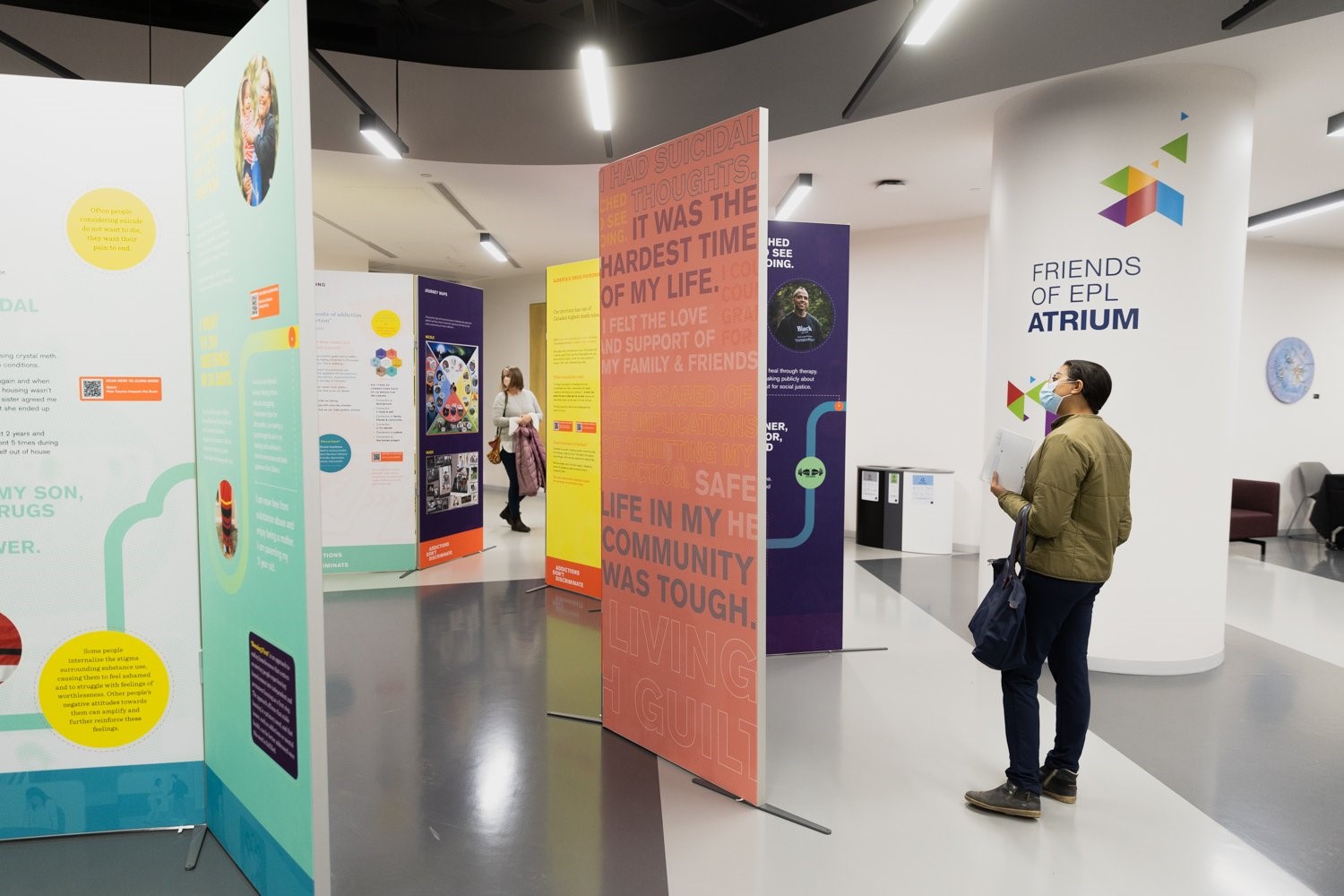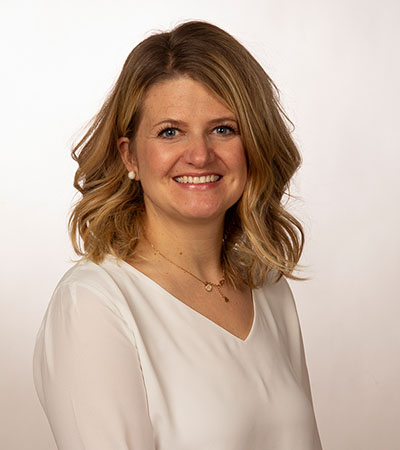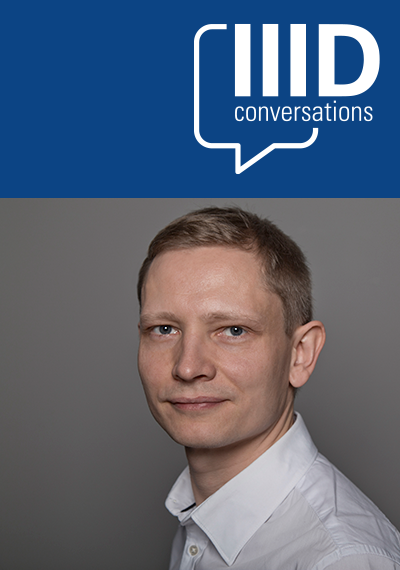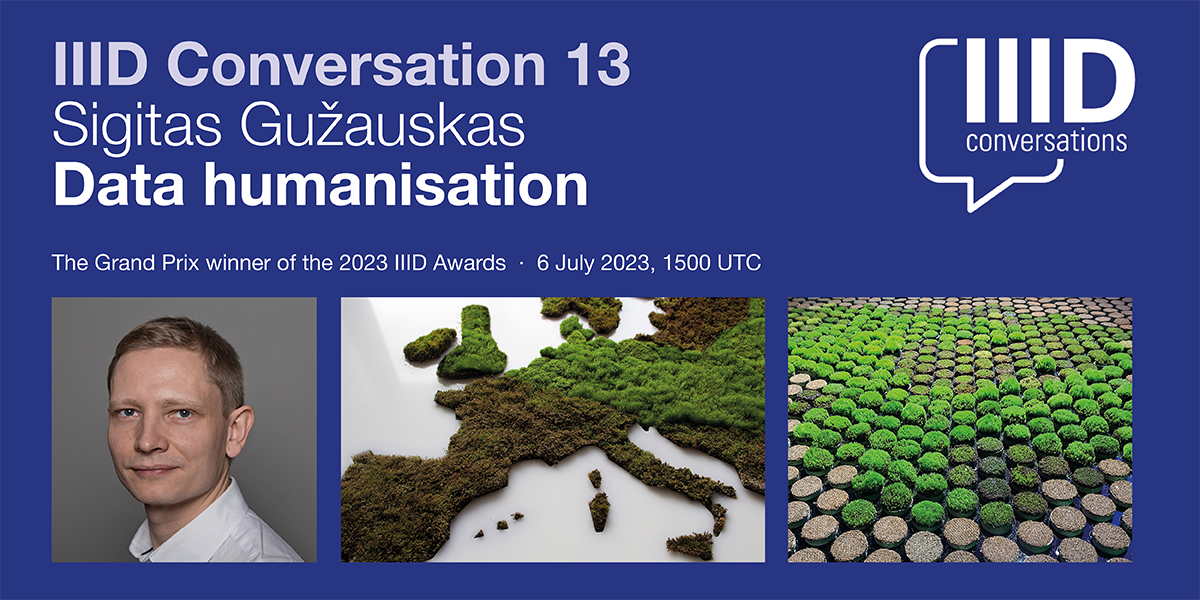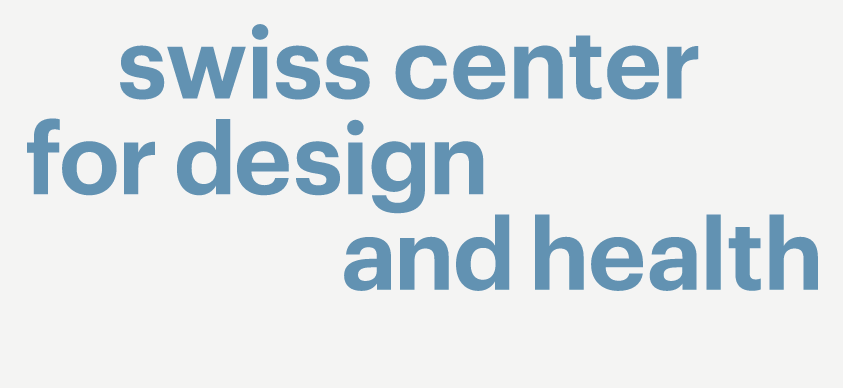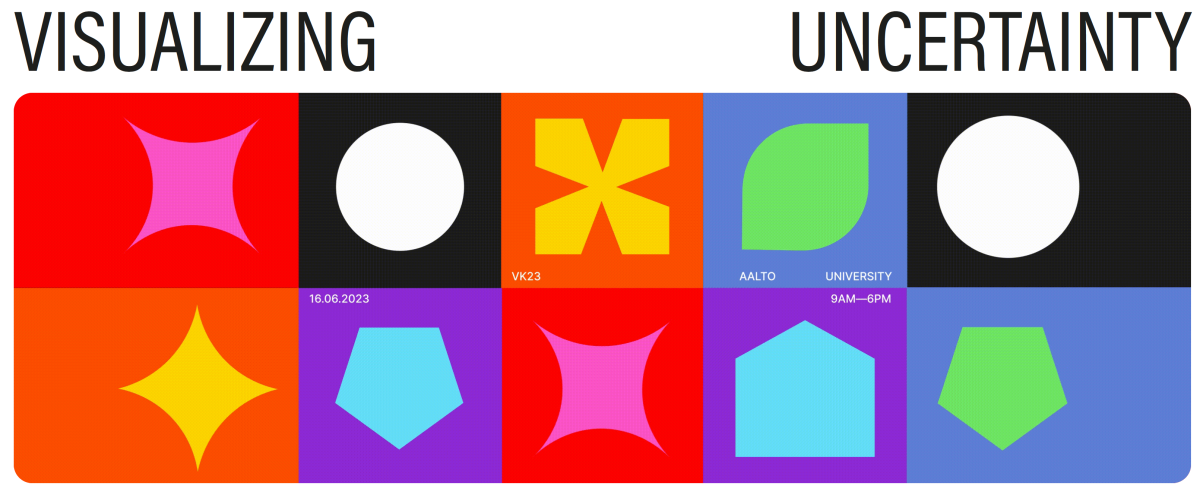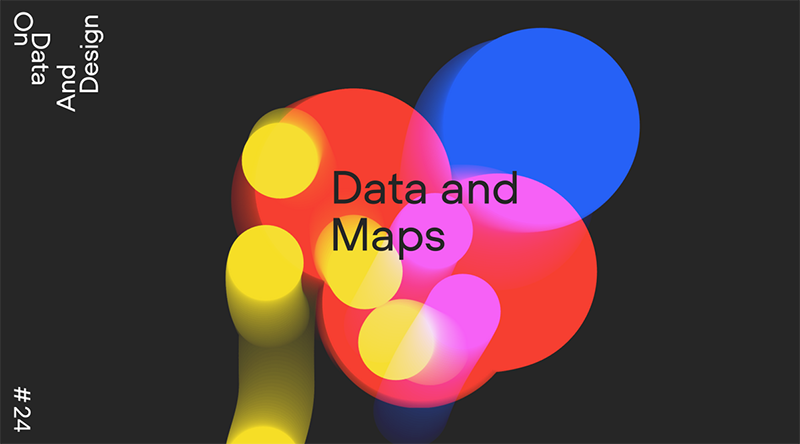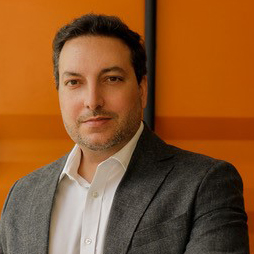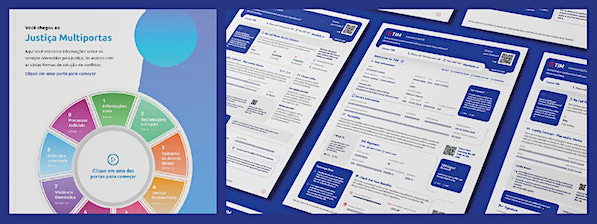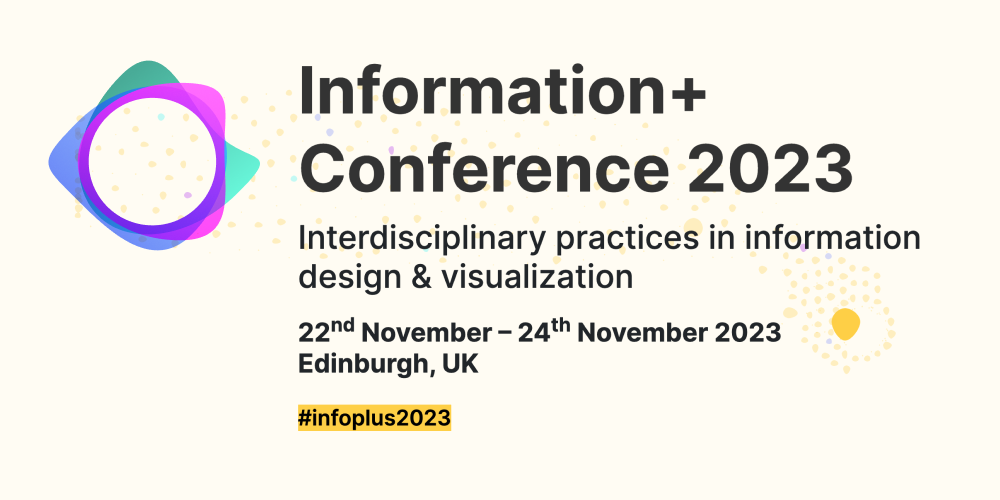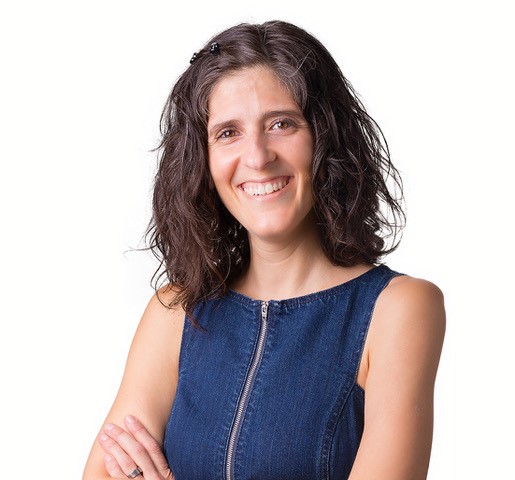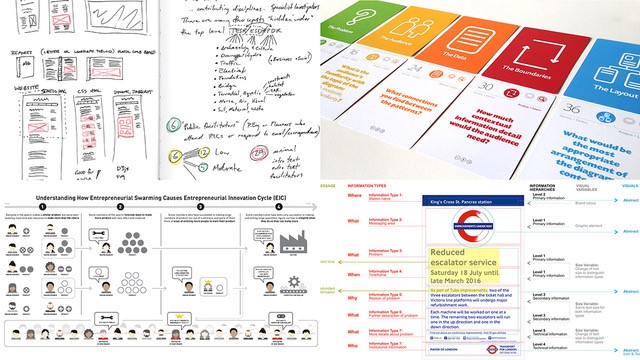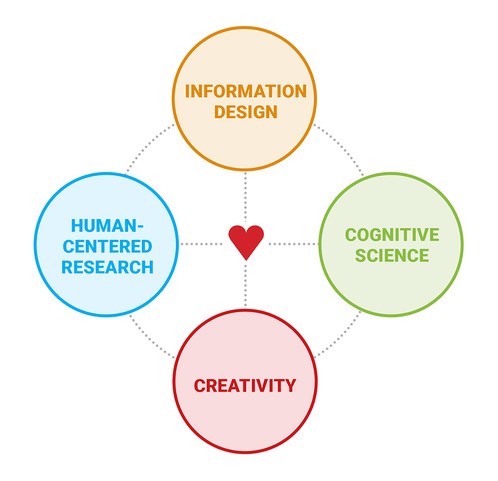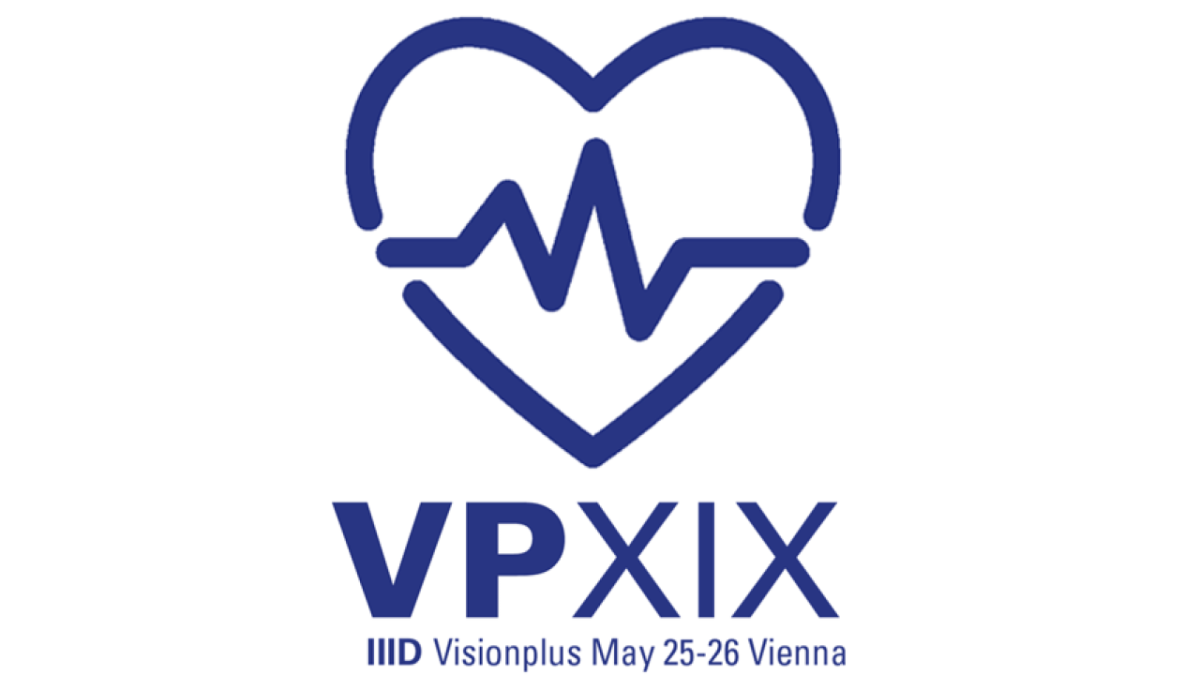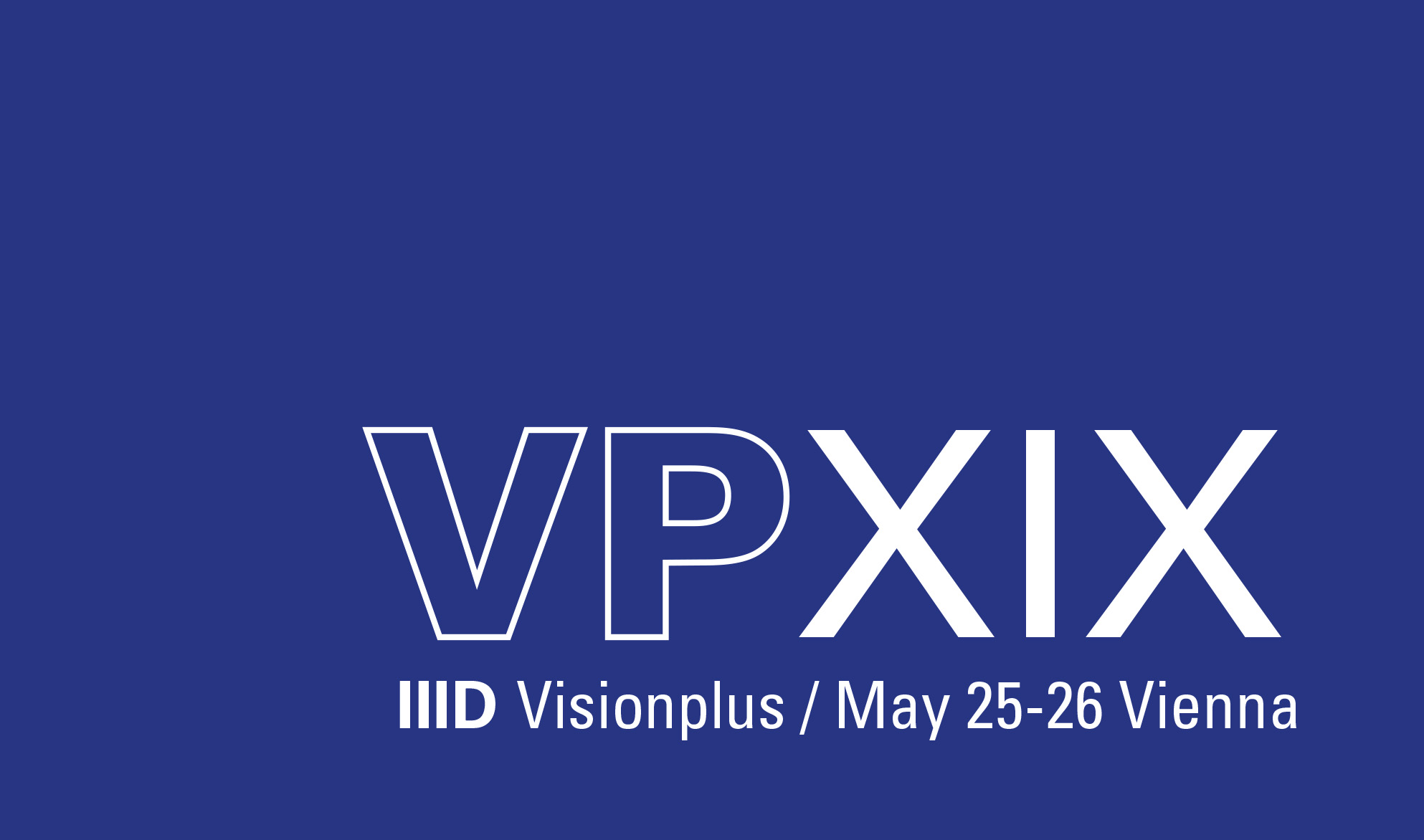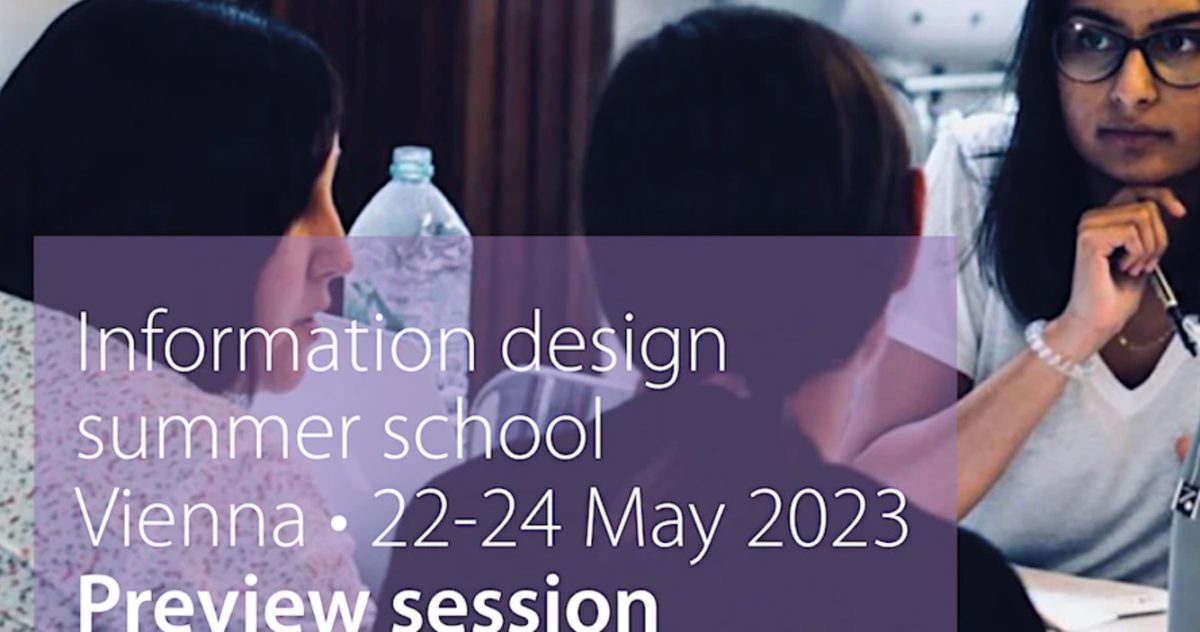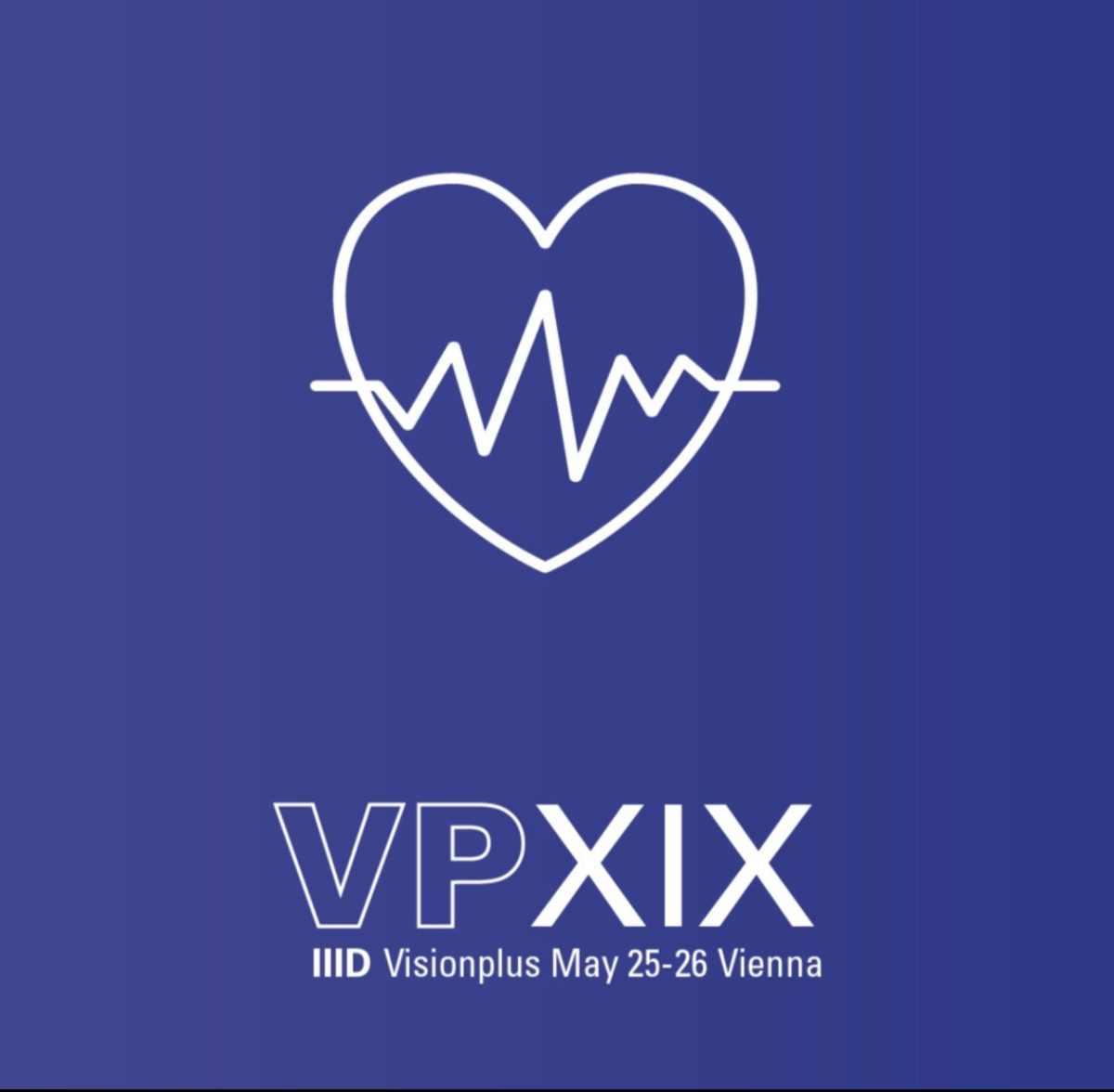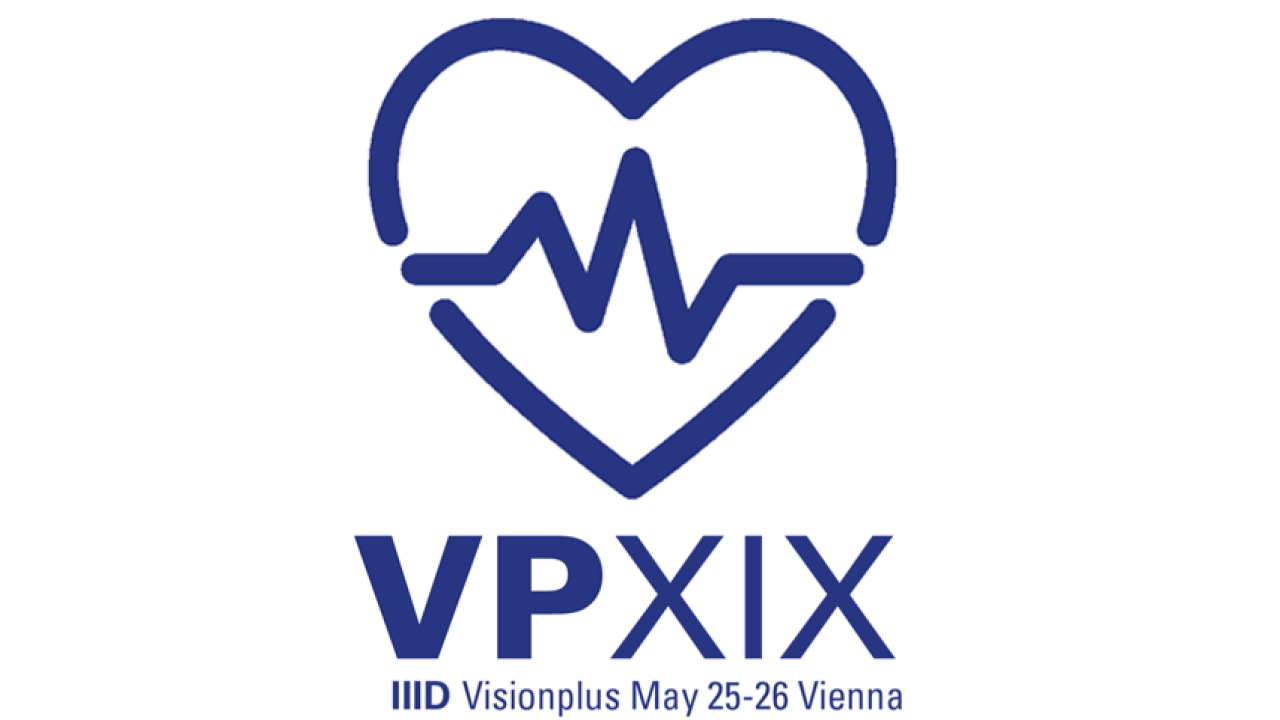This time we delve into the emerging discipline of Design for Emergency Management, where the application of design takes on a comprehensive role in preventing and addressing disasters.
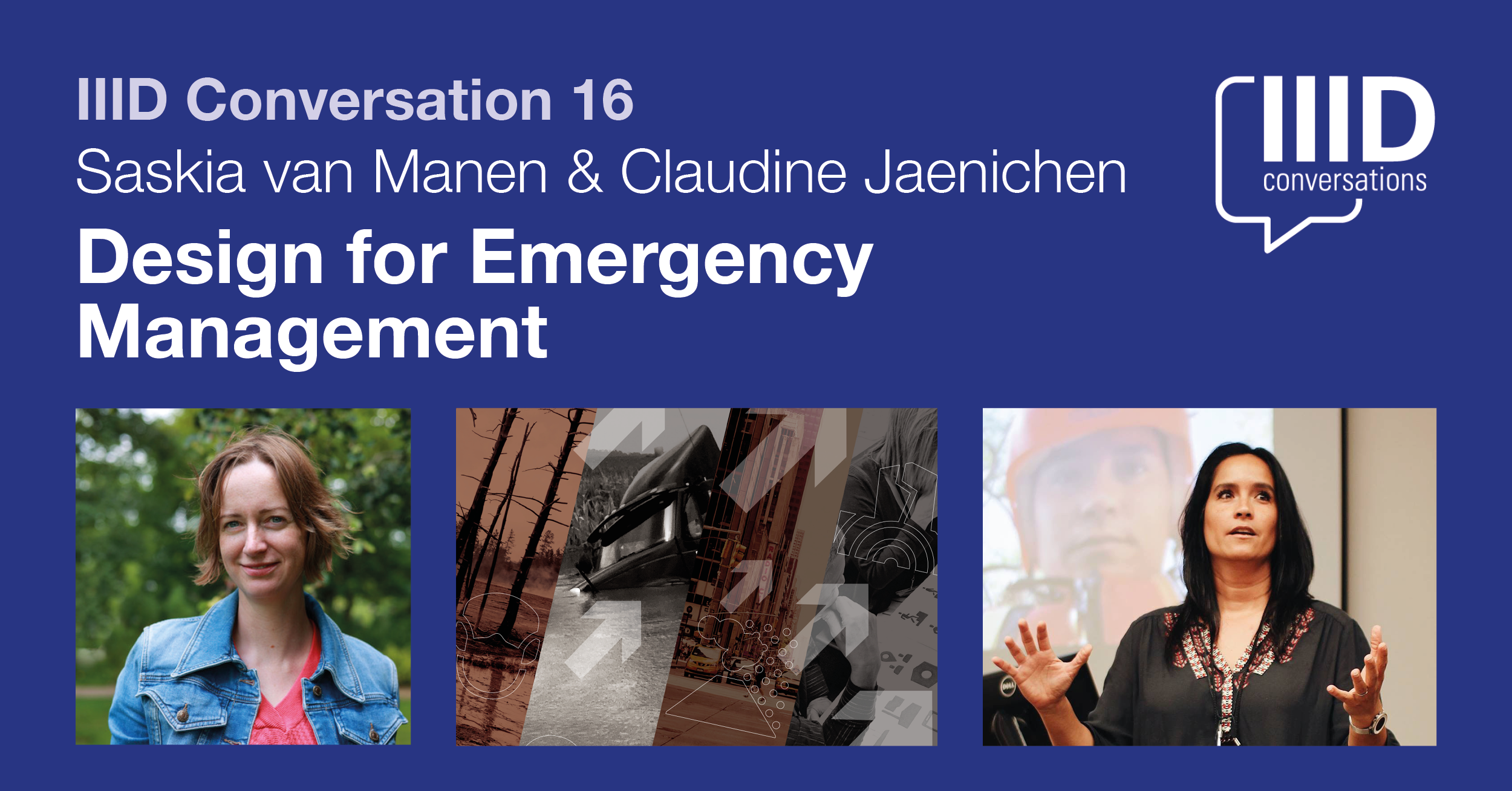
This talk will discuss the distinctions between this emerging discipline and traditional design, and showcase how design methods bring innovative evidence-based perspectives to the complex challenges presented by natural hazards such as earthquakes, hurricanes, flooding, and wildfires. This role extends far beyond aesthetics, and the discussion will underscore the imperative for collaborative endeavors that encompass a variety of stakeholders and ensure inclusive representation.
Saskia and Claudine together with Tingyi S. Lin, Klaus Kremer, Rodrigo Ramírez created the book ‘Design for Emergency Management’ that highlights the design research for change.
From the publisher: ‘This book highlights the urgency of ensuring that a wide range of stakeholders and a diverse representation of the public comes together to work towards preventing disasters. It contributes methods to actively engage communities in managing and minimizing disaster risk such as earthquakes, hurricanes, flooding and (wild) fires.’
Editors: Saskia van Manen, Claudine Jaenichen, Tingyi S. Lin, Klaus Kremer, Rodrigo Ramírez
Publisher: Routledge
Book site
Booking for the IIID Conversation: Eventbrite
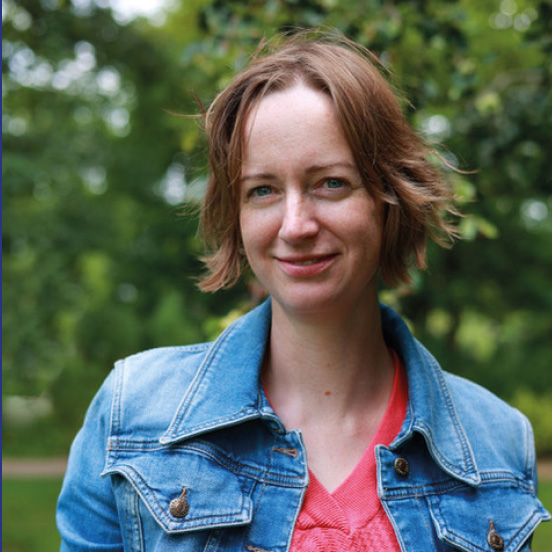
Saskia van Manen is co-founder of Design for Emergency Management. She is also a visiting research fellow at the Open University (UK). Saskia has always been fascinated by the power of nature, and volcanoes in particular. As disasters only occur at the interface between nature and society, she has increasingly worked across discipline boundaries. Her interest is in facilitating sustainable and inclusive community-led action on disaster risk reduction, resilience strengthening and climate adaptation through Earth-centered and evidence-based design. She holds a PhD in Volcanology, an MA in Product Design and Innovation and an M.Sci. in Geophysics.
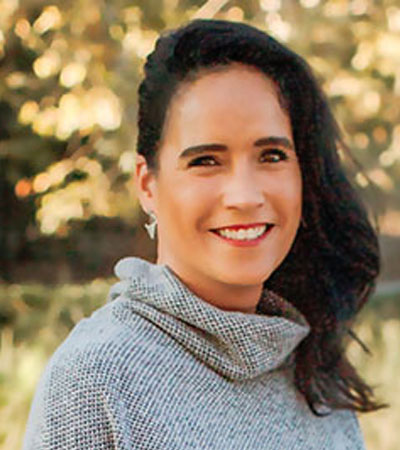
Claudine Jaenichen specializes in information design, focusing on the interplay between design, cognition, and situational design for cognitively demanding events. She advocates for inclusivity in design, particularly in evacuation information and public information projects, using participatory design and benchmarking to measure success and audience communication. Claudine is actively involved in international design communities, serving on the Executive Board of Directors for the Design Network for Emergency Management and as Vice President of the International Institute of Information Design (IIID). Her work spans various fields including humanities, government, social sciences, and sciences, reflecting her commitment to interdisciplinary engagement and design advocacy.

